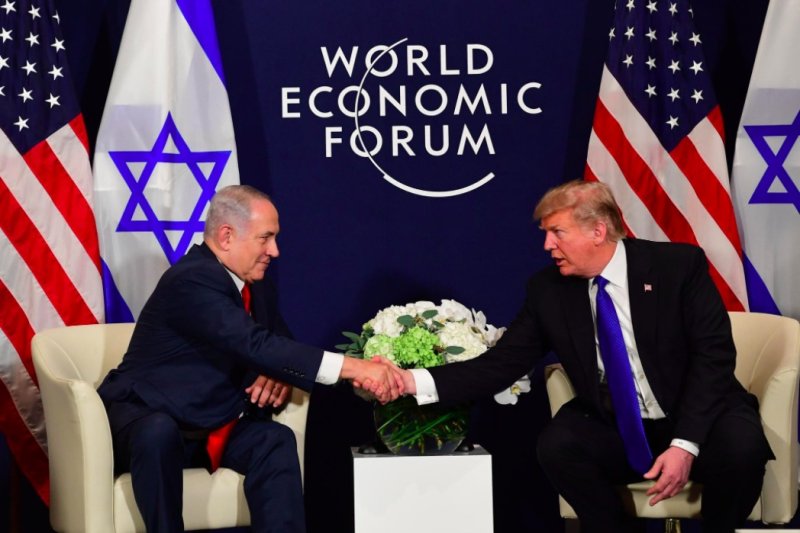Jan. 26 (UPI) -- The Iranian nuclear agreement, under which easing sanctions pressure allowed its oil to flow, is not negotiable, an Iranian member of parliament said Friday.
U.S. President Donald Trump has vowed repeatedly to dismantle an Iranian nuclear agreement reached with the five permanent members of the U.N. Security Council, plus Germany. Implemented while President Barack Obama was in office, the agreement eases sanctions enough to let millions of barrels of Iranian oil flow through the global market.















